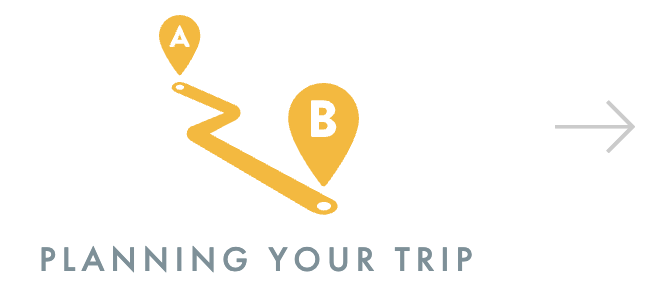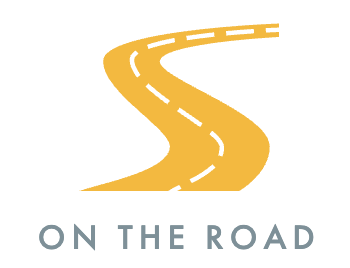
If you're from overseas, New Zealand roads are probably different to what you're used to. Distances may seem short on paper, but our roads can be narrower than you're used to, cover hilly terrain, and vary from motorways to unsealed gravel roads.
Before you begin your journey, learn more about what's different about driving in New Zealand.
- we drive on the left-hand side of the road
- it's easy to underestimate travelling times
- our roads are narrower, more winding and sometimes steeper than you might expect
- seat belts are compulsory for everyone in the vehicle
- it's illegal to use a phone while driving.
- our roads are mostly two-way, with one lane in each direction - we have few motorways
- not all railway crossings have active warnings
We want you to have a great trip and arrive safely at your destination, so make sure you allow plenty of time and take regular breaks. The trip may be slower, but the scenery is amazing so take your time and enjoy your journey.
Before you hit the road in your Tui Camper
- Read our Driving in New Zealand booklet for overseas drivers (available in multiple languages)
- Study the road rules in The official New Zealand road code
- Check the Drive Safe website for trip planning and driving advice for visitors to New Zealand
- Use this time and distance calculator to understand travelling times in New Zealand
- Make sure you are eligible to drive on our roads. To drive in New Zealand, you must have a current and valid overseas driver licence. If your license is not in English then you will need an International Driver Permit or a Certified Translation of your Driver Licence. This must accompany the original home country Driver Licence. It is mandatory by New Zealand law that you produce a driver license in English when renting with Tui Campers. Driver licence requirements
Click here to get your license translated to english.
We recommend watching this video prior to picking up your vehicle.
Other important things to remember
Avoid fatigue
If you're coming off an international flight we recommend staying one night locally before starting your trip. If you're tired from traveling to New Zealand you're much more likely to have a crash. Before driving, allow plenty of time to rest and then make sure you get plenty of rest before each long drive. Ensure you allow enough time to drive safely between your destinations. If you find your attention wandering when driving, pull over to the roadside and have a rest.
Avoiding fatigue while driving
Watch your speed
Excessive speed is one of the biggest killers on our roads. Your New Zealand road trip is best enjoyed by taking your time. When you're driving a motorhome or campervan it’s important to drive slower than if you were in a smaller vehicle to compensate for the height and weight of the vehicle. Remember, it is heavier than the car you may be used to driving, you’ll need to allow more time to brake, so always keep a safe distance and maintain a safe speed.
It’s also important to note that, although most New Zealand motorways and highways have a limit of 100km/hr, the limit for motorhomes 90km/hr (55mph). In urban areas, the speed limit is 50km/hr (30mph). Keep your eyes out for signs that indicate speed changes, especially around the many windy country and coastal roads.
Be courteous
Slow-driving motorhomes and campervans can cause frustration in other drivers which can lead to dangerous overtaking. If there is a line of traffic behind you, find a safe place to pull over and let them go past and take advantage of slow lanes and safe areas to pull over. It makes for a more comfortable journey for everyone on the road and you’ll often get shown appreciation with a ‘thank you’ toot or wave from other drivers as they pass.
Alcohol and drugs
Alcohol and drugs, including some drugs given to you by a doctor, can seriously affect your driving. They can slow your reaction times and affect your senses. You risk causing death and serious injury to yourself and other people if you drive under the influence of alcohol or drugs.



